SUMMARY
This is AI generated summarization, which may have errors. For context, always refer to the full article.
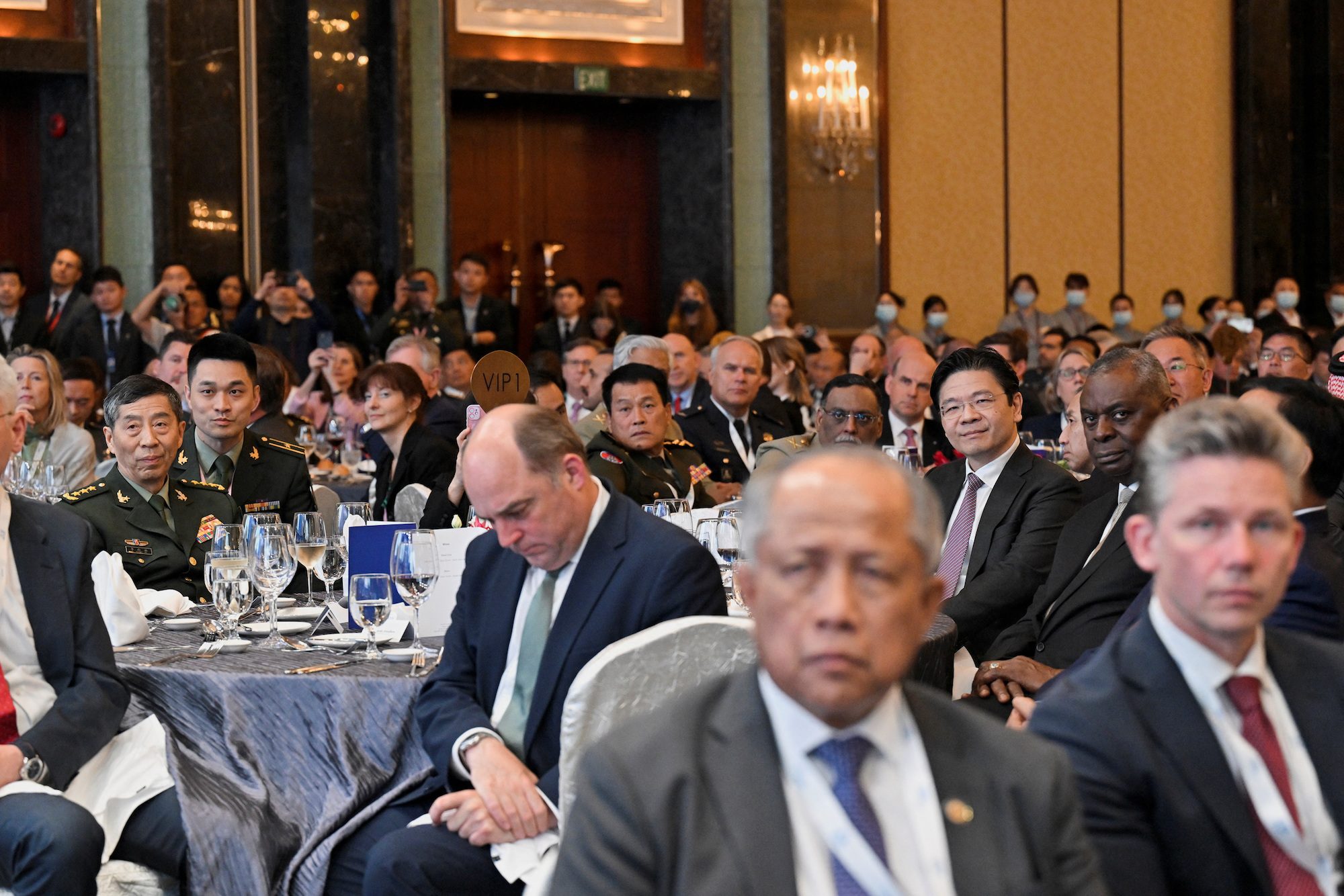
SINGAPORE – United States Secretary of Defense Lloyd Austin said on Saturday, June 3, he was deeply concerned by China’s unwillingness to engage on military crisis management, warning that talks are key to avoiding conflict.
The relationship between the United States and China is at its lowest point in decades, as they remain deeply divided over everything from the sovereignty of Taiwan to espionage and territorial disputes in the South China Sea.
Speaking at the Shangri-La Dialogue, Asia’s top security summit, Austin said that open lines of communication between US and Chinese defense and military leaders were essential to avoid conflict and bolster stability in the Asia-Pacific.
“I am deeply concerned that the PRC (People’s Republic of China) has been unwilling to engage more seriously on better mechanisms for crisis management between our two militaries,” Austin told the meeting in Singapore.
“The more that we talk, the more that we can avoid the misunderstandings and miscalculations that could lead to crisis or conflict.”
China’s Minister of National Defense Li Shangfu had this week declined an invitation to meet Austin at the security summit. Li, a general who has been sanctioned by the US, delivers his own speech on Sunday, June 4.
On Friday, June 2, the two shook hands on the sidelines of the conference but did not hold detailed talks, the Pentagon said.
“A cordial handshake over dinner is no substitute for a substantive engagement,” Austin said.
Dialogue between the two countries has stalled since US Secretary of State Antony Blinken cancelled a visit to China in February after a suspected Chinese spy balloon was tracked flying across the United States.
Liu Pengyu, spokesperson at the Chinese embassy in Washington, said on Friday in an emailed statement that communication between China and the US was conducive to a greater mutual understanding.
“However, now the US says it wants to speak to the Chinese side while seeking to suppress China through all possible means and continue imposing sanctions on Chinese officials, institutions and companies,” the statement said.
“Is there any sincerity in and significance of any communication like this?”
Taiwan conflict
One of the thorniest security issues between the two superpowers is over the future of Taiwan, a self-governing territory which Beijing wants to bring under its rule.
There are increasing concerns that China could invade Taiwan with the US drawn into any conflict.
Austin pointed to Russia’s invasion of Ukraine as an example of “how dangerous our world would become if big countries could just invade their peaceful neighbors with impunity.”
He said the US was “deeply committed” to preserving the status quo in Taiwan and opposes unilateral changes from either side.
“Conflict is neither imminent nor inevitable. Deterrence is strong today and it’s our job to keep it that way,” Austin said.
US military officials have previously said that Chinese President Xi Jinping has called on his armed forces to develop the capabilities for a possible invasion of Taiwan by 2027.
“It doesn’t mean that he’s made a decision to do that,” Austin said in response to a question about Xi’s plans.
Under President Joe Biden, the US has been strengthening its ties with allies in Asia, including Australia, Japan, India, the Philippines and Taiwan.
Beijing has criticized a deal announced by Australia in March to buy US nuclear-powered submarines.
Australia is set to spend A$368 billion ($250 billion) over three decades on the submarine program, part of a broader security pact with the US and Britain known as AUKUS.
“(AUKUS) promotes greater stability and security,” Austin said. – Rappler.com
Add a comment
How does this make you feel?
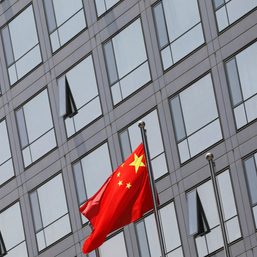
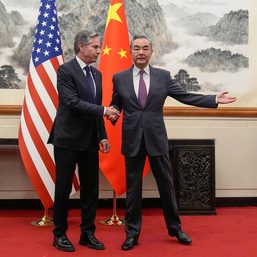
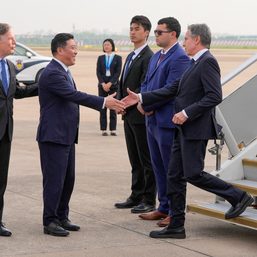

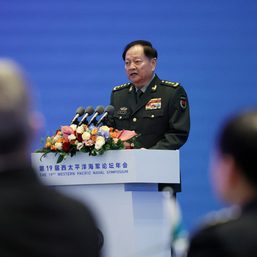

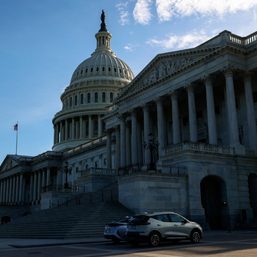


There are no comments yet. Add your comment to start the conversation.